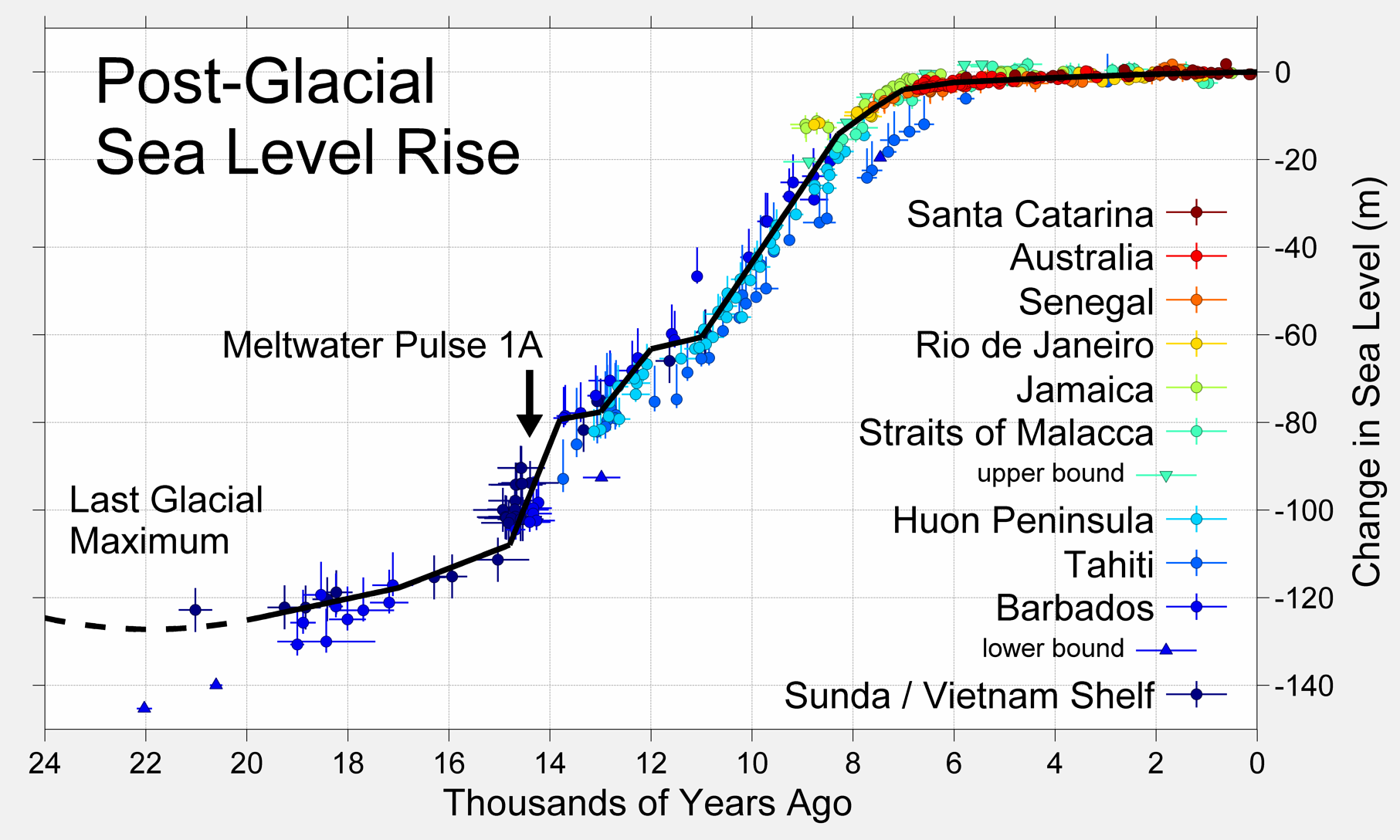Text Drivers are Killers
Joe Biden - "Time to put Trump in the bullseye."
The ONLY reason YOU know climate changes over the earth's history is the work of what are called Paleoclimatologists. They have spent decades understanding how the earth's climate NATURALLY changes. And they have learned a LOT about the NATURAL FORCING mechanisms.
Now we can't explain the warming we've seen over the last 60-100 years using ONLY the natural forcings. We have to start factoring in what humans are doing.
So in the end the people who taught you the earth's climate changes naturally almost all believe that the current warming is due at least 50% or more to human activity.
Here's an IPCC graphic that shows the effect. Scientists took temperature data from 1850 to the 2000's and they tried to explain the warming by looking at the effects of NATURAL FORCINGS ALONE, but the data doesn't fit perfectly. But when you bring in HUMAN FORCINGS (eg greenhouse gases, landuse changes, industrialization, etc) suddenly the data MAKES SENSE.

THAT IS ALL A BUNCH OF HORSE CRAP. NO ONE BELIEVES YOUR TEMPERATURE DATA. THE EXPERTS ARE LYING AGAIN.


